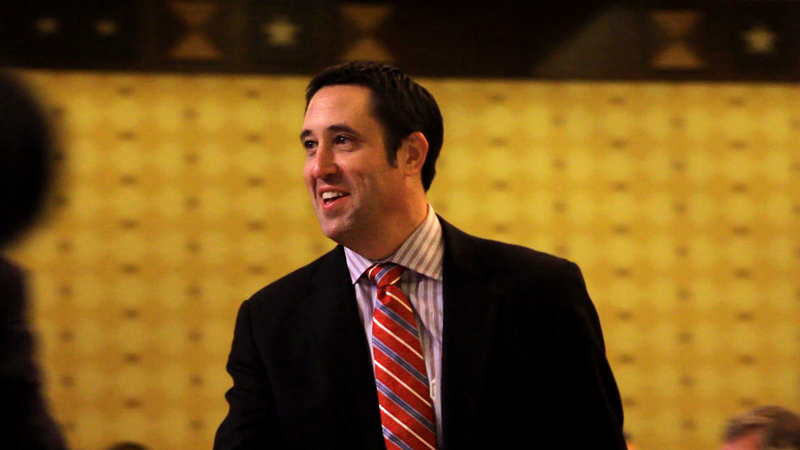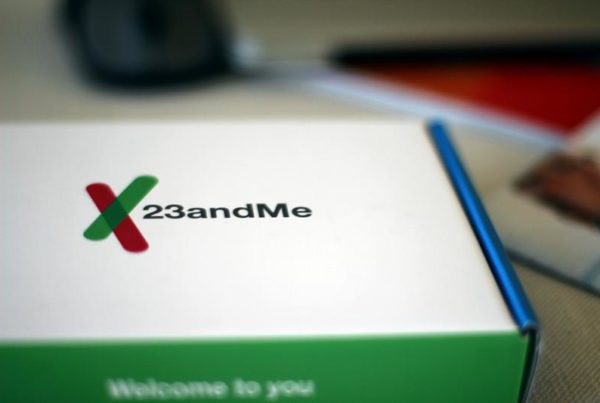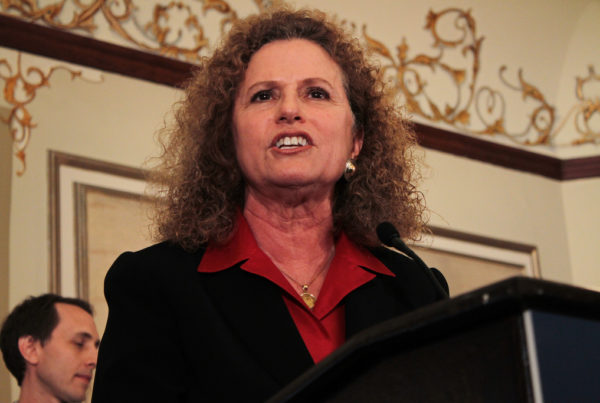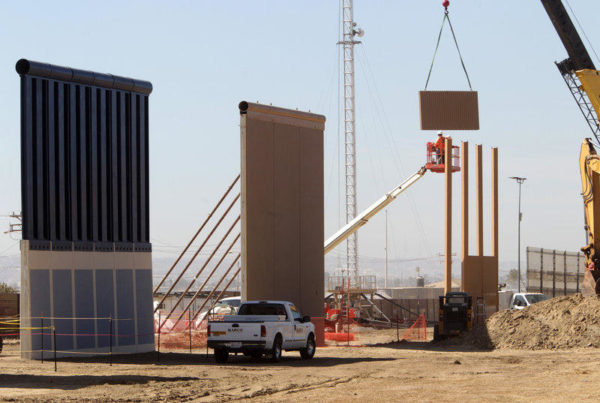When Texas lawmakers arrived in Austin Tuesday, they were probably at their most optimistic – the process of debating and passing legislation will be tough, but there’s possibility that great things can happen. While many things are still unknown about the 86th legislative session, one thing is clear: lawmakers know the limits of the state’s budget because Comptroller Glenn Hegar has already released those details. The legislature will have $119 billion to work with, Hegar says.
“What that means is the revenues that we project will come into the state treasury starting September of this year … will increase by 8 percent,” he says.
The state’s economy is projected to continue growing, though probably at a slower rate over the next two year. Hegar says economic growth might not happen in all communities, but he expects the state economy to grow, overall.
Hegar says monthly sales tax revenue, which makes up the majority of state revenue, typically rises by 10 percent compared to the same month in the previous year. But he says that pace likely won’t continue during this biennium.
“It’s got to get back to normal ranges, which is 4, 3 [percent growth per month],” Hegar says.
Uncertainty in the global economy, and international trade relationships, will affect the Texas economy, Hegar says, because the state is heavily dependent on trade.
Some lawmakers and others have pressured the legislature to dip into the state’s rainy day fund to cover the ongoing recovery from Hurricane Harvey, among other needs, and Hegar says that fund will swell to $15 billion in the next two years.
“In my opinion, we really need to keep somewhere about 7 or 8 percent of our general spending in reserve,” Hegar says. “And if we’re going to have that much money, we also need to put it in another type of account, like an endowment account.”
He says such a fund would provide revenue for future generations.
State leaders, including Gov. Greg Abbott and House Speaker Dennis Bonnen, have said that school finance and changes to property taxes are their highest priorities for the session ahead. Hegar says that means the state’s share of education funding would need to go up to make up for any reductions in local property taxes.
“It’s pretty simple how a seesaw works: one side goes up, one side goes down,” Hegar says. “Therefore, if you want a long, systemic fix, the state is going to have to figure out how to make sure you keep that local side down.”
Written by Shelly Brisbin.
















